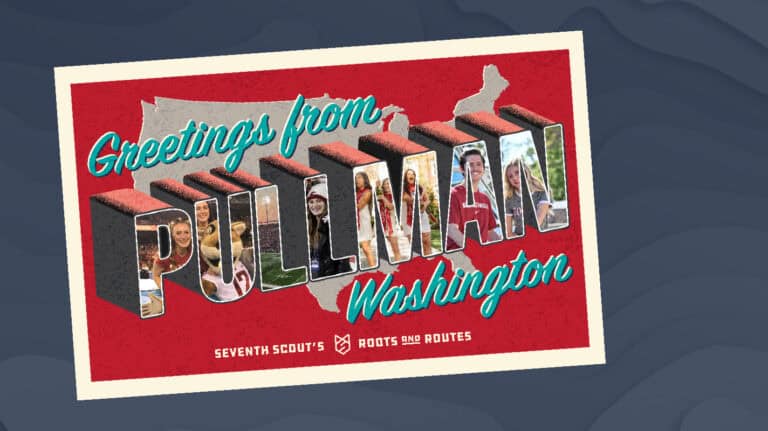5 Barriers Keeping Your Business From Showing Up on Google
So, your business isn’t showing up on Google. Ok, we can help. First, every marketer and business owner needs to understand how search engine optimization (SEO) works. No, this isn’t a technical article, so don’t start looking at your browser tabs just yet. If you want to show up on Google – or any search engine for the matter – great SEO is going to get you there. If you primarily pay for ads, this isn’t the article for you. But, trust us. We’ll keep this simple and help get your business found.
In this article, we’ll provide you with a quick overview of SEO and why you need it. Then we’ll discuss a few of the barriers preventing your business from being found on Google and how to fix those. We’re going to have fun.
SEO Overview
SEO is a process that focuses on gaining visibility in natural results through a search engine. In layman’s terms, SEO attracts people to your website and aids in converting them into customers. Search engines such as Google take the keywords that any user searches and digs through the internet to get an index for that user. That index spits out search engine results we’re all accustomed to seeing in a laundry list. You want your brand to be in that index in order to show up as a search result, in order to be found.
5 Barriers Preventing You From Showing Up on Google
There are a few things your website should have in place for your business to show up on any search engine. Here are the things preventing you from being found and how to fix them.
1) Your keyword strategy needs work.
Keywords are the linchpin between what people are searching for and the content you are providing to fill that need. They are one of many components Google evaluates to determine whether or not to display your business in search results.
Things to keep in mind: you can’t use just any keyword. Use keyword tools like Google’s keyword planner or SEranking to look at top-performing keywords. You want to ensure you’re taking advantage of using the keywords that users are searching for. We’ve seen time and time again that a business will use language they know internally or within industry speak, and then are surprised when their keywords aren’t displaying. Perhaps, it’s because users aren’t searching for them.
2) You have minimal content on your site.
Your website is like a new puppy. You have to care and nurture it so it continues to live and breathe. If you just launched a website or even relaunched a site, you need a content strategy to increase your chances of being found. Content feeds your website, which then feeds search engines – the digital food chain, so to speak.
First thing’s first, if you don’t already have a blog on your website, you need to have one place. If you don’t have the resources, you can hire an agency or contractor to help with the workload. A business blog is your biggest resource to help with search traffic.
3) Your site displays poorly on mobile viewports.
In 2017, mobile accounted for 50.3% of all web traffic generated worldwide. Google has recognized the upward mobile search trend and has factored this in to whether or not your page is displayed in its search results. With this in mind, your business website has to be mobile optimized. If not, you’re not only missing out on search visibility opportunities, but you’re also missing out on potential customers.
4) Your site loads slower than the benchmark.
Google and other search engines take load time into consideration. If your site is loading slowly, it will lower your ranking by a significant amount as search engines will not put a site in their top two pages with a slow load time.
5) You’re missing some technicalities.
Having technical errors can dock you some serious points in web traffic. Common code/technical errors can keep a website out of a search engine’s index.. If a website is not in a search engine’s index, users will not be able to find it using that search engine.
Google also has a preference towards HTTPS – the transfer of secure data – and uses that to rank sites. If your site is using HTTP, it shows that your site’s contents may not be secure. Secured pages are always ranked higher that non-secure pages and shows visitors that a website can be trusted to handle their data securely.
The Fix: An SEO Audit
An SEO audit isn’t as bad as it sounds (or reads). It helps your business uncover missed opportunities and learn where you can improve your SEO. It maps out your keywords, your competitors’ keywords, your existing content, and technicalities that might be crippling your SEO.
If you want to start conducting your own audit, there are some tools you can use. However, it can take a bit of effort to perform an audit yourself. Seventh Scout performs SEO audits and keywords analysis for all of its clients. We also review the documentation with every business so that you understand the stories behind the numbers and what are the needs to start optimizing your efforts.
Get Found on Google
To have a successful website, you should have content strategy, SEO strategy, and minimal web technicalities in place to help get you found on any search engine. Google reads all of this information on your website and decides whether or not your site and site’s content is something valuable to internet users.
If you’re interested in learning about optimizing your website and how to conduct an SEO audit, contact us to talk more about SEO.



